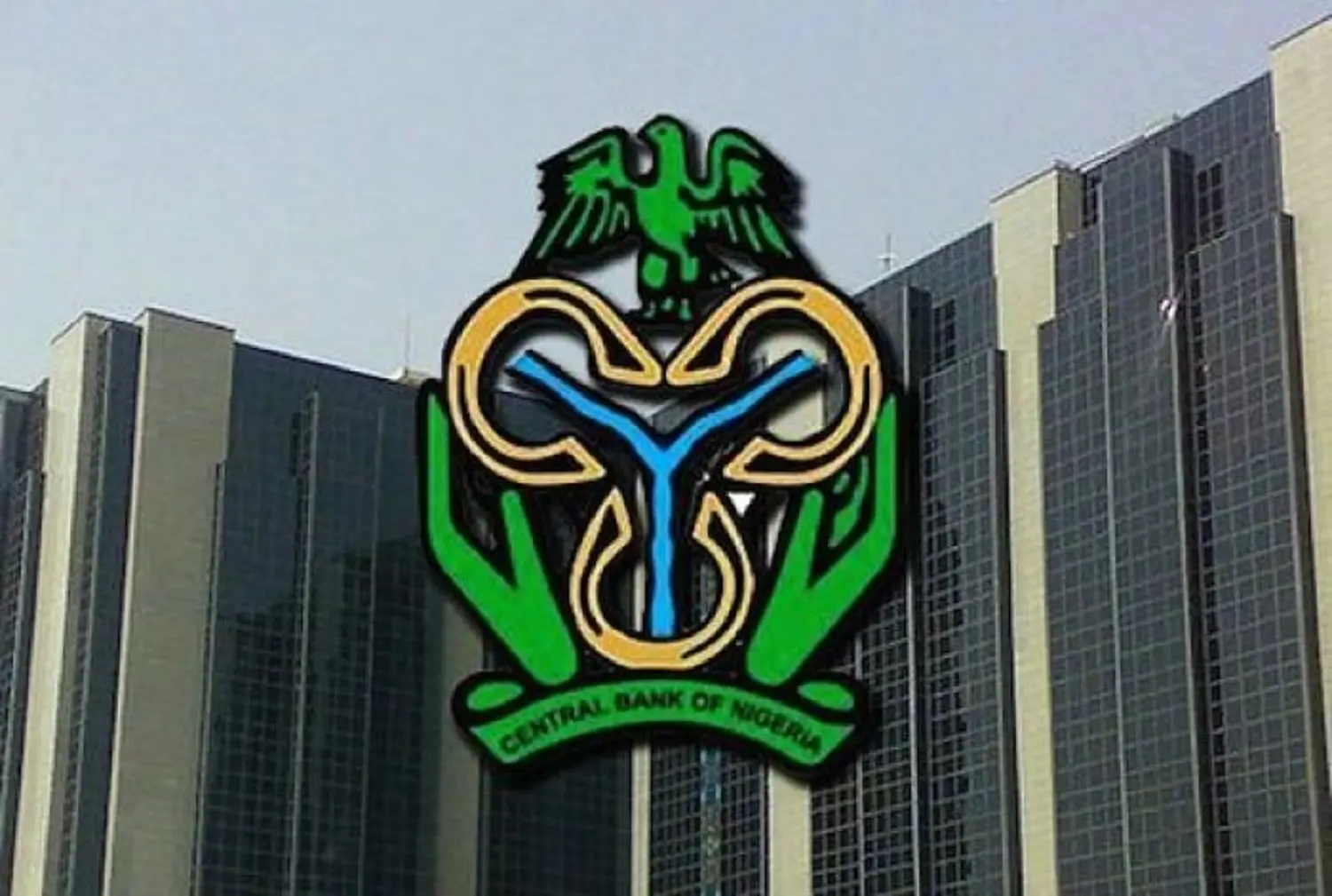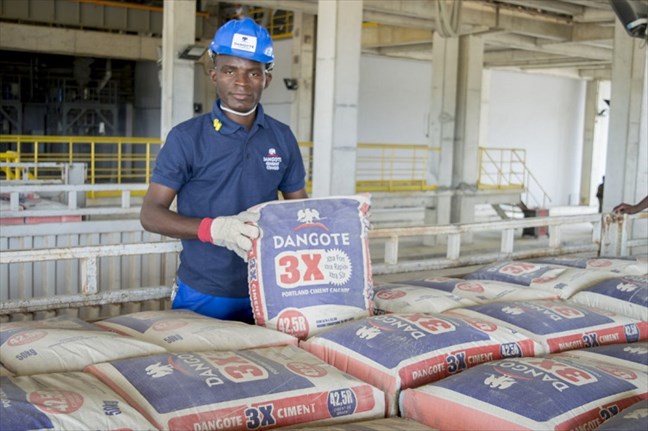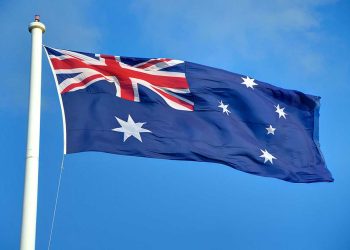The Independent National Electoral Commission, INEC, has revealed that the infrastructure it has put in place for the 2023 general election would not allow for election manipulation.
INEC named those infrastructure as the INEC Voter Enrolment Device, IVED, which eliminates voting by identity theft by using another person’s Permanent Voters Card, PVC; the Bimodal Voter Accreditation System, BVAS, which does not allow for multiple voting and electronically transmits results from polling units; and the INEC Result Viewing Portal, IREV, which makes ward collation result sheets available for people to view.
INEC further said that the 2022 electoral legislation has reinforced its operations and given it greater confidence in delivering free and fair results to Nigerians.
Engr. Chidi Nwafor, INEC Administrative Secretary in Enugu State, made the announcements during a town hall gathering for young men and women in Enugu state running in the 2023 general elections.
Nwafor also praised Nigerian youth and women, saying they increased their electoral participation through voter registrations, repeating the INEC Chairman’s disclosure that 7.2 million new registered voters, or 76.5 percent, were young people between the ages of 18 and 34, with a slightly higher number of females (4.8 million, or 50.82 percent) than males (4.6 million or 49.18 percent).
He went on to say that 3.8 million (40.8 percent) of the population is a student.
“IVED, BVAS, IREV are fresh developments in the election process as well as Electoral Act 2022,” Nwafor remarked in his goodwill message at the town hall gathering.
The Electoral Act 2022 has tightened the conduct of General Elections even more.
It is the responsibility of political party leaders to provide an enabling environment/or party constitution to accept young persons seeking electoral posts.”
Yiaga Africa, a Civil Society group interested in electoral reforms, which organized the Town Hall meeting, assured the youth candidates of various political parties that it would mobilize support to enable them to make an impact and win in their respective constituencies in the 2023 general elections.
Olaniyan Sanusi, the group’s programme officer, lamented a decrease in youth participation in the upcoming 2023 elections, revealing that youth candidacy in the 2023 polls stood at just 4,398 out of a total of 15,336 candidates, representing a paltry 28.6 percent of the total number of candidates aspiring to occupy the offices of President, Governors, National Assembly and State Assembly seats.
Sanusi, on the other hand, said that the organization had previously planned to provide technical help to the chosen young candidates in order for them to compete well with their senior colleagues.
“Yiaga Africa, with the assistance of OXFAM-Voice in Nigeria, will provide technical assistance to chosen young applicants.”
We will provide media exposure to their initiatives.
“We’re going to give them a platform to sell themselves to the voters,” Sanusi added.
Mr. Nonso Nnamani, a participant and the All Progressive Grand Alliance, APGA, House of Representatives candidate for Enugu North/South district, urged political parties to offer technical, financial, and logistical assistance to young male and female candidates during campaigns.













